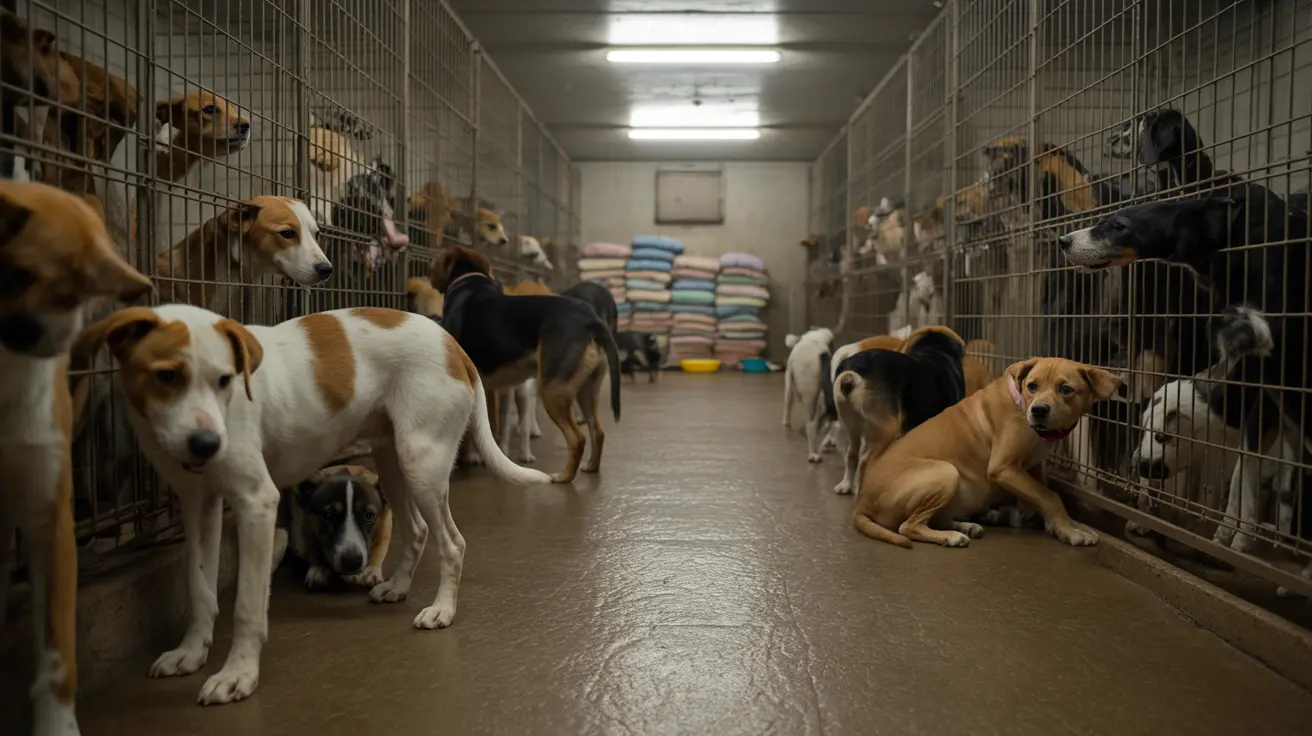How Long Can a Dog Stay on Hypoallergenic Food?
When a dog suffers from food allergies or intolerances, switching to a hypoallergenic diet can be a key solution to manage symptoms and maintain long-term health. But how long can your dog remain on hypoallergenic food? The answer largely depends on their specific condition, nutritional needs, and how well they respond to the diet.
Understanding Hypoallergenic Dog Food
Hypoallergenic dog food is specially formulated to minimize the risk of allergic reactions. These diets typically use novel protein sources like duck or venison, or hydrolyzed proteins, which are broken down so the immune system does not recognize them as allergens.
Why Dogs Switch to Hypoallergenic Food
- Chronic itching or skin issues
- Upset stomach or chronic diarrhea
- Diagnosis of food intolerance or allergy
- Elimination diet trials recommended by a vet
These symptoms often lead pet owners and veterinarians to try a hypoallergenic food trial, which can last from 6 to 12 weeks.
Duration of Hypoallergenic Diets
If your dog shows improvement during the trial period, many veterinarians recommend continuing the diet long-term. In fact, a dog can stay on hypoallergenic food indefinitely—so long as the food is complete and balanced for their age, breed, and health condition.
Benefits of Long-Term Hypoallergenic Feeding
- Prevents recurrence of allergic symptoms
- Promotes healthy skin and coat
- Supports digestive health
- Ensures consistent, allergen-free nutrition
Potential Challenges
While long-term use of hypoallergenic food is generally safe, pet owners should be aware of a few considerations:
- Cost: Hypoallergenic diets tend to be more expensive
- Availability: Some specialized formulas may be hard to find
- Palatability: Some dogs may be picky about taste
- Monitoring: You still need regular veterinary checkups to ensure all nutritional needs are met
Consulting with Your Veterinarian
Before deciding to keep your dog on a hypoallergenic diet indefinitely, consult with your veterinarian. They may recommend periodic dietary reviews or bloodwork to monitor nutritional adequacy, especially if your dog has other health concerns.
Signs It's Time to Reassess
In rare cases, dogs may develop intolerances even to hypoallergenic foods. Watch for:
- Return of allergy symptoms
- Weight loss or gain
- Lethargy
- Changes in coat quality
If any of these symptoms occur, consult your vet to determine if a dietary adjustment is needed.
Conclusion: Consistency Is Key
Keeping a dog on hypoallergenic food long-term is both common and generally safe. As long as their diet is nutritionally complete and vet-approved, many dogs thrive on it for years, or even for life. Regular monitoring and commitment to allergen avoidance ensure your furry friend lives a healthy, itch-free life.





